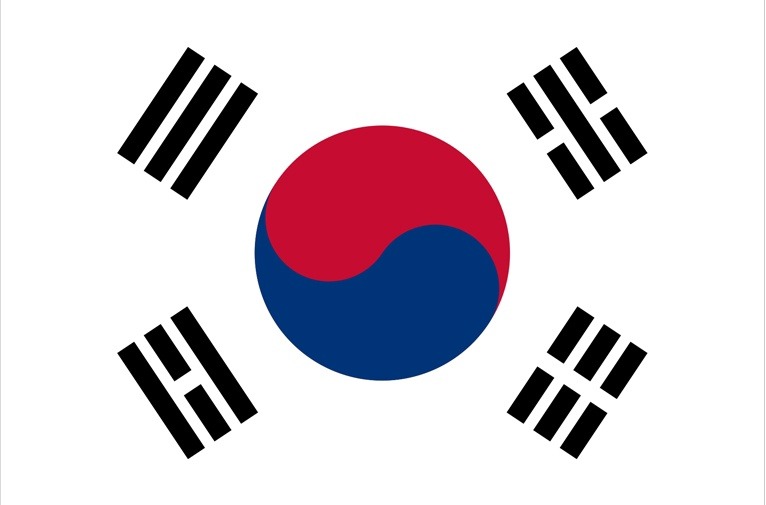
What a seafarer needs to know when crossing the customs border of South Korea.
Import and export of goods.
There is a “red” and “green” corridor system in Korea.
The “green corridor” is designed for individuals who move goods that are exempt from customs duty and taxes. If you are in doubt as to whether you need to declare the goods you are importing, it is recommended to choose the “red corridor” to avoid possible misunderstandings.
Goods that need to be declared should be packed in such a way that they can be easily presented to a customs official.
‼️It is categorically not recommended to touch, move, or carry the luggage of strangers. If the luggage contains goods prohibited or restricted for import, the person who directly moves them will be responsible for the offense.
It is prohibited to provide customs authorities with inaccurate or incomplete information. Such actions can result in various penalties, including a confiscation of goods.
IMPORT:
-
What can you bring to South Korea:
Goods with a value of not more than 400 US dollars are imported into Korea duty-free and tax-free. If the value of the imported goods exceeds the specified limit, customs duties are paid only in respect of the excess.
-
In addition to the above, it is also allowed to import duty-free:
- 1 liter of alcoholic beverages (worth less than $400);
- 2 ounces of perfumery products (~59 ml);
- 200 cigarettes;
- 50 cigars;
- 250 g of tobacco.
-
It is allowed to import personal property (clothing, toiletries, personal jewelry, including a wristwatch) duty-free, provided that:
- the goods are intended for personal use;
- the goods will not be used by other persons, are not intended as a gift, for sale or exchange for other goods.
Where a person moves goods in excess of the established quotas, it is necessary to declare the goods and pay customs duties.
-
Items that must be declared:
- goods exceeding the established quota numbers;
- goods intended for sale in Korea;
- foreign currency and other means of payment summing up to more than $10,000;
-
Goods restricted to import:
- cold weapons and firearms, cartridges for them, explosives;
- narcotic and psychotropic substances, as well as any drugs containing such substances;
- goods made from animal materials that enjoy special protection and the use of which is restricted or prohibited;
- goods, the import of which is restricted by the quarantine service (food, animals and plant materials). More detailed information can be found on the website of the South Korean quarantine service https://www.qia.go.kr/english/html/indexqiaEngNoticeWebAction.do;
- animals, plants protected by the Convention on International Trade in Endangered Species of Wild Fauna and Flora (tigers, leopards, elephants, ostriches, hawks, owls, cobras, turtles, etc.) as well as products and processed products produced with their use. The full text of the Convention can be found at: https://cites.org/eng/disc/text.php.
Restrictions on goods may be introduced for reasons of public safety and state welfare, as well as for the purpose of protecting national fauna and flora. To import such goods into the country, a special permit is required.
-
Goods prohibited for import:
- books, publications, images, films and other materials with pornographic content;
- any materials that may be considered as violating the constitutional order, public security and traditional foundations;
- counterfeit coins, banknotes, negotiable instruments.
EXPORT:
-
Items that cannot be exported from South Korea:
- antiques without special permission;
- products regarded as child pornography;
- psychotropic and narcotic substances;
- goods that violate patent, copyright, intellectual property rights, such as trademarks;
- objects of art and antiques without permission from the relevant authorities.
-
Goods that are subject to mandatory declaration when taking them out of Korea:
- animals, plants protected by the Convention on International Trade in Endangered Species of Wild Fauna and Flora - CITES: https://cites.org/eng/disc/text.php), endangered species, as well as their derivatives;
- firearms and cartridges for them;
- objects of cultural and historical heritage.
When moving souvenirs purchased in Korea, you should be aware that there may be some restrictions and prohibitions regarding materials of animal and plant origin. It is recommended to submit such goods to customs officials for inspection.
Ignorance of the law is not an excuse. Therefore, one should take customs regulations with all the seriousness.





